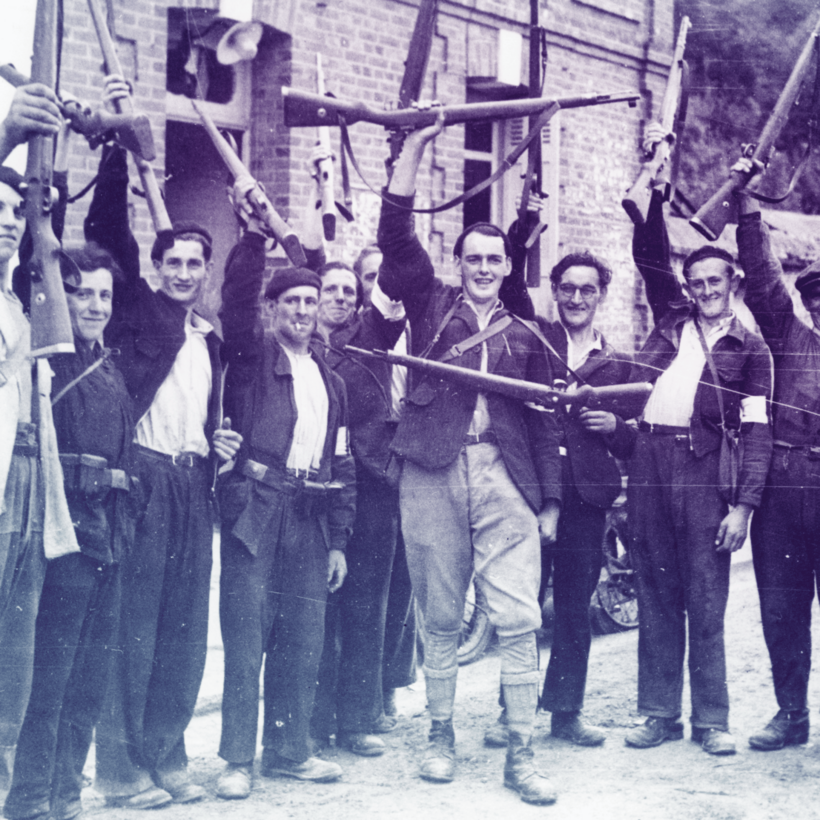In the spring of 1942 SAS and SBS parties landed in Crete to attack airfields from which supplies were being flown to Rommel’s Afrika Korps: 25 aircraft were duly destroyed. The Germans knew that Allied soldiers had executed the operation because they captured four. They shot 50 Cretan hostages anyway.
The consequent question extends to all behind-the-lines resistance against an enemy as merciless as the Nazis: was the game worth playing on such terms? Most people in occupied countries concluded that it was not, at least until 1944, when Allied victory was obviously imminent. They collaborated with the Germans, in many cases influenced by a loathing for the Communists who were playing a prominent part in the underground war after Hitler invaded Russia in June 1941.


